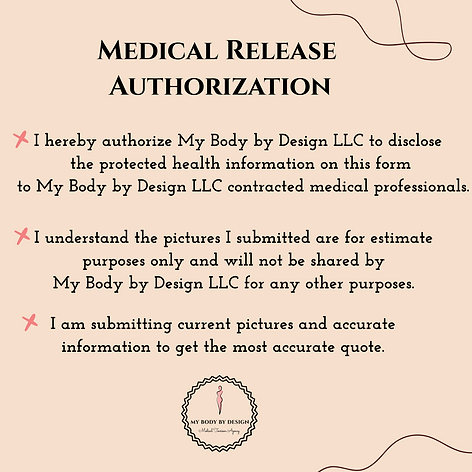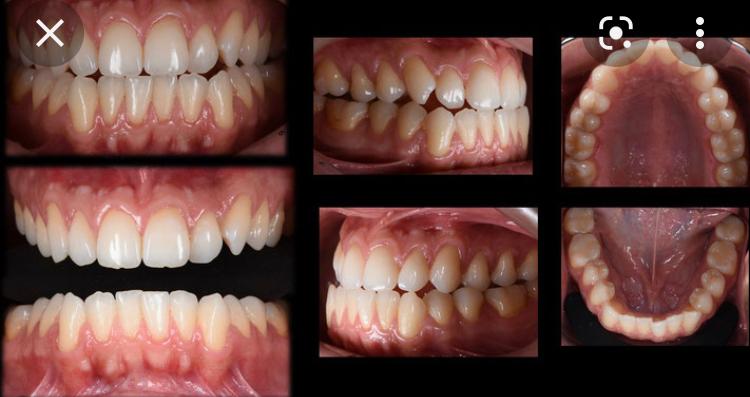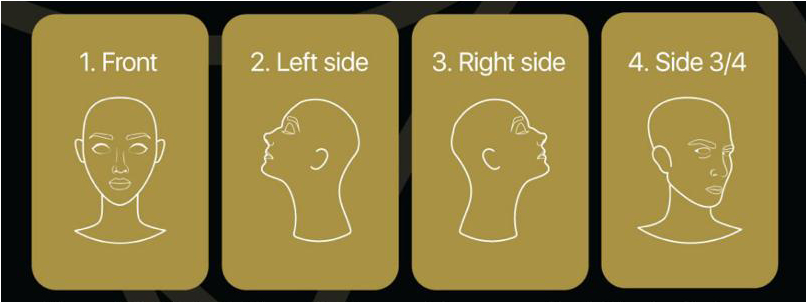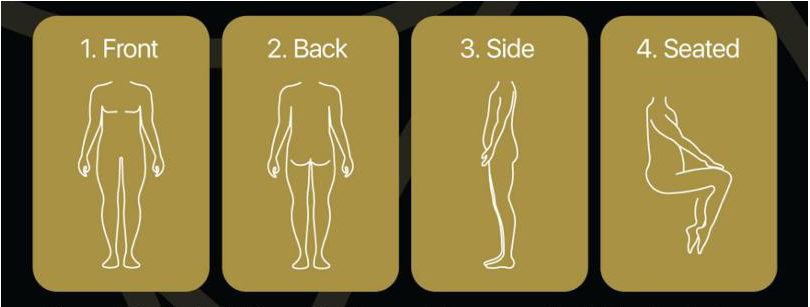What Are Porcelain Veneers?
Porcelain veneers are thin pieces of porcelain shaped to fit over the front side of your tooth. The material matches the shape and color of your permanent teeth for a look so natural that it’s difficult to tell them apart from your other teeth. Choosing porcelain veneers comes with several advantages, including:
- Strength. If you want your veneers to last, porcelain provides unparalleled stability. When well-maintained, these veneers can last for 10-20 years.
- Appearance. With its translucent quality, porcelain most closely matches the look of a natural tooth. It’s also resistant to both stains and chips.
- Versatility. Porcelain veneers provide a viable treatment option for almost all cosmetic concerns — even the most severe discoloration or spacing issues when composite resin might not work.If you are considering porcelain veneers, also keep in mind the following:
- The procedure requires the dentist to remove some of your tooth’s enamel, making it irreversible — so be sure before you commit!
How Much does it Cost?
According to the Consumer Guide to Dentistry, the average cost in the United States range from $925 to $2,500 per tooth. In Colombia, the procedure is 30-50% less. We offer packages that include the procedure and accommodations.
What Are Resin Veneers?
Composite veneers use a tooth-colored resin to improve the appearance of teeth. Unlike porcelain veneers, the dentist applies the resin directly to the tooth and then sculpts and shapes it to achieve the desired aesthetic. You might choose composite veneers for several reasons, including:
- Quick treatment. Because composite veneers do not need to be sent to an outside lab, you can usually walk out with a new smile in one or two appointments.
- Reversibility. Composite veneers require minimal prep work on your natural tooth so that composite material can be more easily removed, replaced, and repaired.However, you should also know the disadvantages of composite veneers:
- Compared to its porcelain counterpart, composite resin veneers wear down quicker, resulting in a shorter lifespan of five to seven years.
- The composite tends to be more porous and susceptible to staining. It also needs polishing to look more like your natural teeth.
- If you have severe issues — like significant gaps or extreme discoloration — composite veneers might not be a viable solution.
How Much does it Cost?
According to the Consumer Guide to Dentistry, the average cost in the United States range from $250 and $1,500 per tooth. In Colombia, the procedure is 30-50% less. We offer packages that include the procedure and accommodations.






